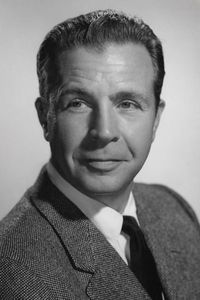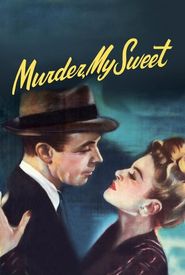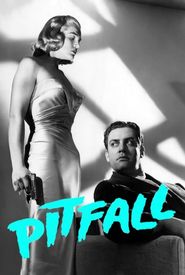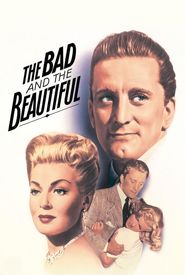Dick Powell was a talented actor who underwent a remarkable transformation from a boyish, wavy-haired crooner in musicals to a rugged crime fighter in films noir. Born in Little Rock, Arkansas, Powell grew up in a family of three brothers, including one who became the vice president of the Illinois Central Railroad. He worked his way through school, holding various jobs as a soda jerk, grocery clerk, and singer with the Royal Peacock Orchestra in Louisville, Kentucky.
Powell's early career took off when he joined the Charlie Davis band and toured the Midwest, performing at dance halls and picture theaters. He eventually became a master of ceremonies, which solidified his status as an entertainer. In 1932, he was signed by Warner Brothers and quickly became typecast as a clean-cut singing juvenile in a series of musicals, including the hit film "42nd Street" (1933).
By 1935, Powell was earning a salary of $70,000, but two years later, he had become one of Hollywood's top ten box office stars, yet was only paid half of what he had earned as an MC. A shrewd businessman, Powell had already invested in land and property, which allowed him to leave Warner Brothers in 1939 with a comfortable financial cushion.
Powell's desire to escape his image led him to seek non-singing roles, which ultimately resulted in his departure from Warner Brothers. He joined Paramount in 1940 and appeared in the comedy "Christmas in July" (1940),followed by two marital farces that received lukewarm responses. Powell continued to lobby for more substantial roles, but was initially unsuccessful.
His breakthrough came when he was cast as private eye Philip Marlowe in "Murder, My Sweet" (1944),a film that received critical acclaim and helped to establish Powell as a serious actor. The success of this film led to a steady stream of offers, and Powell went on to appear in a range of tough-guy roles, including "Cornered" (1945),"Johnny O'Clock" (1947),and "The Bad and the Beautiful" (1952).
Powell also dabbled in directing, helming six films, including the noir "Split Second" (1953) and the submarine drama "The Enemy Below" (1957). He eventually retired from film acting in the mid-1950s and focused on producing television dramas, hosting and executive producing his own anthology show, "The Dick Powell Theatre" (1961).
Powell was also co-founder and managing director of Four Star Television, which had its studios in the former Republic Pictures building. He was married three times, including to actress June Allyson, and died of lung cancer in January 1963 at the age of 58.






















































































